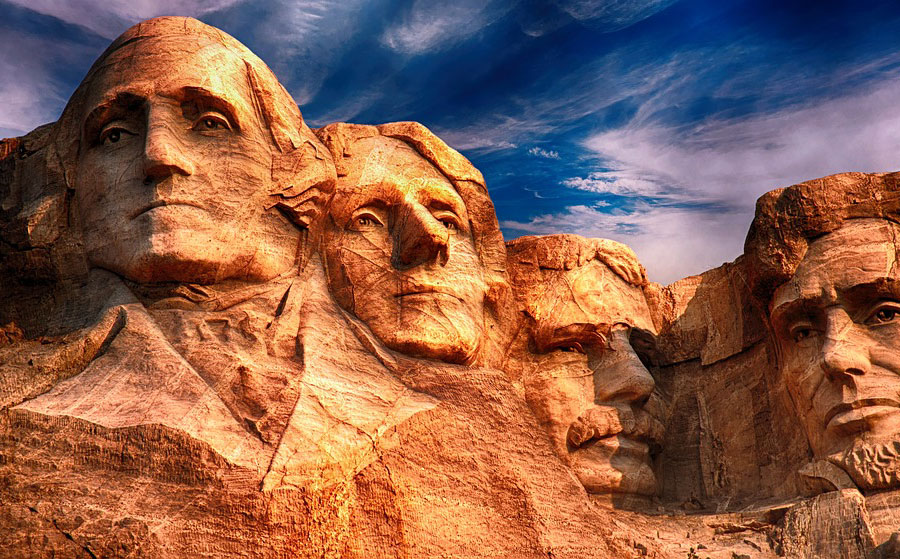
HOLLYWOOD, FL – The United States of America is not able to establish universal peace, justice, freedom, and prosperity on the planet, while struggling to do so at home with limited success. Despite America’s highest principles, it was never designed to fix the world, and never could. But arguably, it should serve as a theoretical model for increasing justice, freedom, and prosperity, which the people of the world might take under consideration.
Despite the excellent purposes for which the Constitution was ratified and for which America exists, which are explained in the Preamble to the Constitution, America’s government and other institutions are run by imperfect people, whose dedication to principles is divided, uncertain, and susceptible to the flaws of human character. The characters of imperfect men reflect varying degrees of intelligence, integrity, and dedication. And all of them are finite, subject to influences, and perishable.
And so as time passes, as political and social conditions shift, as influences from different sources impact the thinking of people, popular misconceptions, or correct understanding, can impact the national spirit, shifting it one way or another.
For example, when the people of Cuba were struggling against tyrannical abuses by their Spanish governors, at the close of the 19th Century, the American popular attitude was one that sympathized with those perceived to be oppressed. That resulted in such actions as the invasion of Cuba by American forces, in support of the Cuban struggle for independence.
Time passed. America was invaded by Socialist academics and ideologues from Europe, many of who came here to escape persecution from the Nazi regime during the 1930s. And the resulting shift in America’s spirit, resulting from the indoctrination perpetrated by those Socialist elements, brought America to the point at which proponents of totalitarianism, such as Fidel Castro and Che Guevara, were seen as heroes, the ultimate social justice warriors.
Initially, in the early days of Castro’s revolution, Fidel denied that his was a Communist endeavor. Perhaps that is what enabled the world, at large, and Americans in particular, to continue to look favorably on the Castro takeover of Cuba, despite the firing squads that executed thousands of Cubans, without the benefit of trials.
But it was not too long before Fidel was lauding Marx and pronouncing “Socialismo o muerte – venceremos!” (“Socialism or death – we will be victorious!”) He had intentionally engaged in deception with regard to the Communist character of the revolution, but soon revealed it, and stuck to it for the rest of his life.
Perhaps ironically, although he never worked to bring about the end of Communism in Cuba, a la Gorbachev, Fidel did state late in life, in 2010, that Communism did not even work for Cuba.
Over the 60 years since the Castro Regime took power, American official policy has flipped back and forth, shifting with changing administrations, on various issues related to relations and commerce between Cuba and America. Title III of the Helms Burton Law, for example, was recently approved for enforcement for the first time, allowing those who lost property in Cuba, due to the Communist takeover, to sue for reparations in American courts.
But what needs to change is America’s general apathy toward abuses of human rights. It’s true that America cannot fix the world. America, however, must fix itself.
America has shifted from being the nation ready to engage Fascism overseas, to crush foreign dictators whose militancy threatened human rights and world peace, to the nation whose congressional representatives and senators infringe unalienable rights, coddle Fascist movements at home, and oppose the principles of freedom at will, while the people moan like impeded children or moo like cattle or applaud like the deranged residents of an insane asylum that has been set on fire.
America must fix itself or America would continue to shift in the direction of popular acceptance of abuse, abridgement, and infringement of rights; rejection of its higher principles; and unlimited government power, leading to increasing incursions into tyranny. And then America would cease to be a model worthy of imitation. And then America would be no more.



Comments are closed.